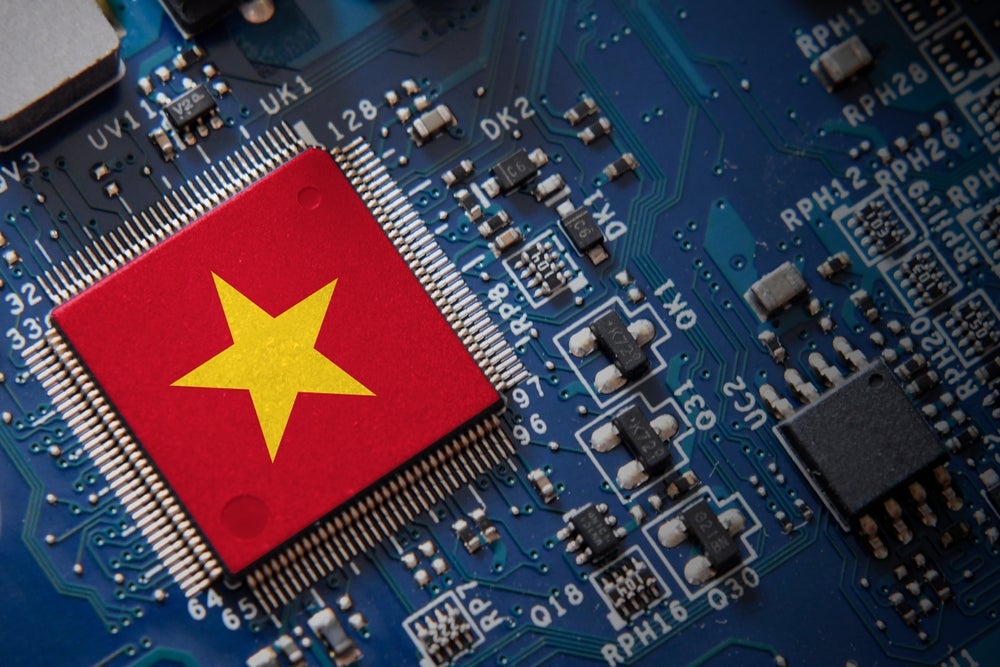
Ericsson and Singtel have announced that they are planning to launch a pilot 5G programme in Singapore. It will be the country’s first ever 5G network.
Part of the Ericsson and Singtel 5G Centre of Excellence Programme, the network will be rolled out at one-north in Buona Vista, the country’s science, business and IT hub, by the fourth quarter of this year.
Using Ericsson’s 3GPP 5G technology with the trial spectrum allocated by Singapore’s Info-Communications Media Development Authority (IMDA), the pilot network will deliver 5G coverage with enhanced Mobile Broadband (eMBB) speed and low latency.
Ericsson and Singtel have said that they plan to use the network to conduct drone trials later this year, demonstrating how 5G can be used in the deployment of augmented, mixed reality and connected drones.
Aileen Chia, deputy chief executive and director-general of telecoms and post at IMDA, said:
“This is an encouraging step towards commercialisation with live 5G trial networks made possible with the regulatory sandbox IMDA has in place. IMDA will continue to work closely with mobile service providers such as Singtel in their journey to build communication capabilities of the future and complement Singapore’s efforts towards a vibrant digital economy.”
How well do you really know your competitors?
Access the most comprehensive Company Profiles on the market, powered by GlobalData. Save hours of research. Gain competitive edge.

Thank you!
Your download email will arrive shortly
Not ready to buy yet? Download a free sample
We are confident about the unique quality of our Company Profiles. However, we want you to make the most beneficial decision for your business, so we offer a free sample that you can download by submitting the below form
By GlobalDataThis is the latest effort to make 5G a reality. Several companies are trialling the technology across the globe with the recent announcement that telecommunications company Ooredoo has launched the first commercial 5G network in the world is now operational across 50 sites in Qatar. Last month, EE also announced that it would be starting 5G trials in the UK in October.
Head of Ericsson Singapore, Brunei and the Philippines Martin Wiktorin said:
“5G represents a key mobile technology evolution, opening up new possibilities and applications. We believe that 5G will play a key role in the digital transformation of the Singapore economy. Demonstrating the possibilities in this showcase event will be a catalyst for engagements with Singapore enterprises.”
Impact on business
Promising download speeds far faster than is currently available, as well as wider coverage and more reliable connectivity, 5G has a lot to live up to.
The faster speeds and the fact that more devices to be connected simultaneously will undoubtedly have an impact on consumers and businesses, and as is becoming increasingly crucial, on Internet of Things networks.
The economic impact could be significant, with research firm IHS Markit predicting that 5G could generate $12.3tr in global revenue across different industries by 2035, and could support 22 million jobs around the world.
According to Ericsson and Singtel, industries such as transportation, healthcare and manufacturing can use 5G to accelerate digital transformation and deploy advanced automation technologies.
With organisations increasingly relying on the ability to transfer large quantities of data and cloud-based services, the improved capabilities of 5G will undoubtedly be welcomed. Furthermore, low latency has the potential to transform virtual Interactions and remote working, especially key considering that half of workers in the US will be working remotely by 2020.
5G could also drive innovation. According to a research project commissioned by Qualcomm, 91% of the study’s respondents feel that 5G will enable new products and services that have yet to be invented.
However, businesses can’t access 5G yet
However, although 5G offers many theoretical benefits, in practice it may be more complex.
Although it is estimated that most countries will have access to 5G networks by 2020, rollout of 5G will involve an expensive upgrading project. Currently, only 40% of cell sites across Western and Eastern Europe are fibre connected, meaning that the infrastructure needed to widely distribute 5G simply does not exist yet.
Adapting to a new network standard requires cooperation between hardware manufactures and network providers, as well as overcoming regulatory barriers, so it could be a while before 5G is standard.
Owner of telecommunications consultancy company CCG Consulting Doug Dawson told Government Technology:
“Nobody is going to go straight to the 5G standard, last year they finally started using the [full] 4G. We will start seeing some radios as soon as next year with a little bit of 5G in them, but they will just be improved 4G. It takes them about seven years on average to implement the standards.”
5G’s impact will vary by location
The extent 5G will impact business will inevitably differ from industry to industry, but could also be largely dependent on location. There is no guarantee that it will be possible to access 5G everywhere even when it has been rolled out, so universal coverage may be a long way off.
Furthermore, security is another aspect of 5G that businesses need to consider. According to a survey by Ericsson, 79% of survey respondents said concerns around data security and privacy were a barrier for their business adopting 5G. 76% were also concerned about a lack of standards.
The transition to 5G will also cost money. Investing in 5G-enabled devices, as well as infrastructure and hardware, could mean that big business will initially benefit most, with smaller businesses finding it harder to absorb the cost of updating.
CEO of British telecommunications and internet service provider Three David Dyson told technology website ZDNet:
“Everyone loves to talk about autonomous cars, robotics and remote surgery, and things like that. It sounds good, but in reality it’s still some way away, and certainly I wouldn’t build a business case off that to justify the investment in 5G. For us there is an immediate uplift in capacity that we can take advantage of because it gives us room to grow.”
Overall, it is difficult to argue that businesses won’t benefit from higher quality, faster speeds, wider coverage that the next generation of mobile technology offers. However, it could be a while before businesses reap the full benefits of a 5G network.







